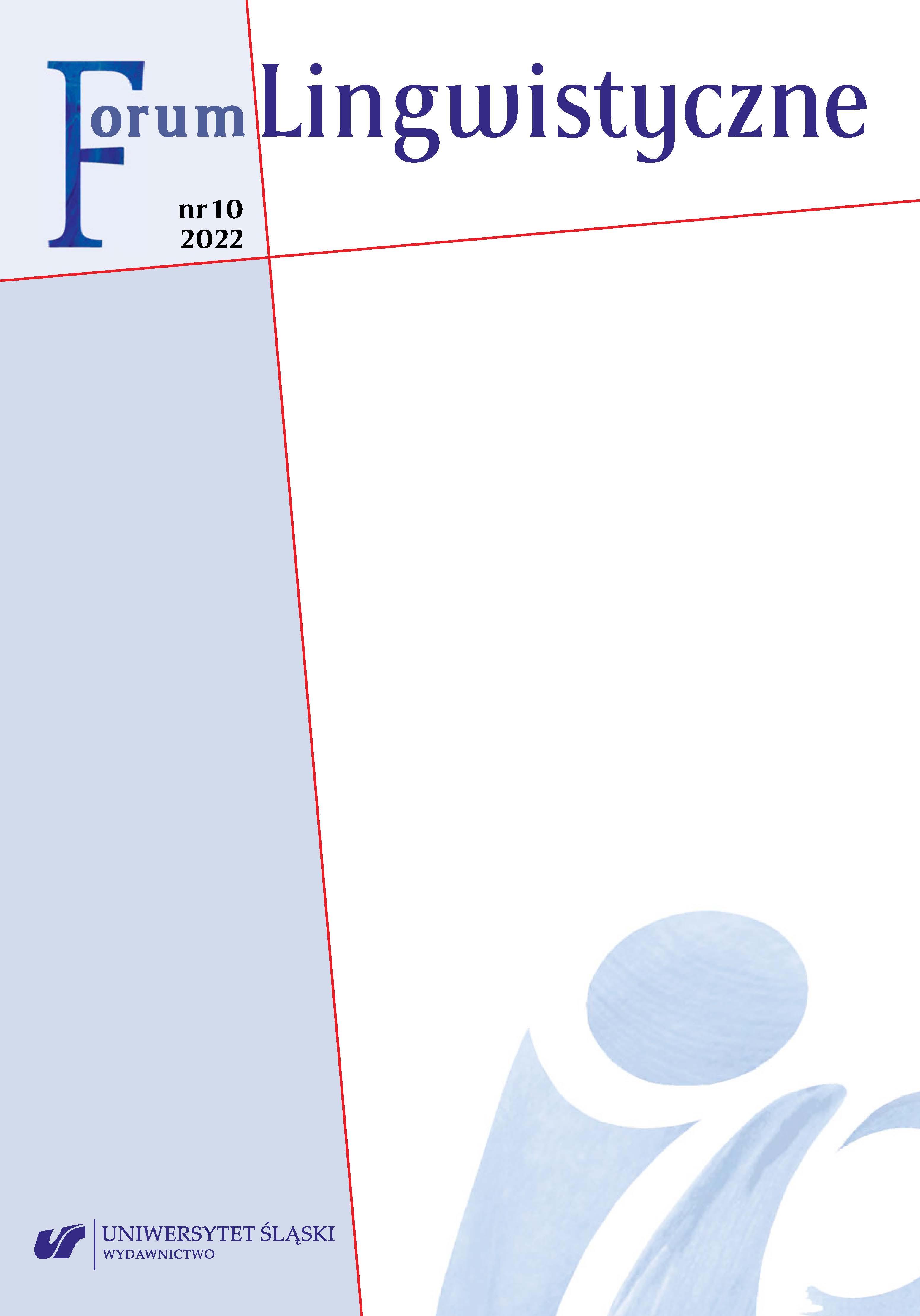Rola filmów w kształtowaniu właściwych postaw wobec jąkania. Refleksje z polskich projekcji filmu „When I stutter”
The role of films in shaping appropriate attitudes towards stuttering. Reflections from screenings of the film „When I stutter” in Poland
Author(s): Agnieszka Płusajska-Otto, Agnieszka MyszkaSubject(s): Applied Linguistics, Communication studies, Methodology and research technology, Film / Cinema / Cinematography, Social Norms / Social Control, Pedagogy
Published by: Wydawnictwo Uniwersytetu Śląskiego
Keywords: stuttering; videos; survey; shaping social attitudes; social awareness; attitudes towards stuttering
Summary/Abstract: Compared to other speech disorders, stuttering does not show a high frequency. However, it concerns people of different ages, living in different times and places, and coming from different backgrounds. For people who stutter, this condition is often a source of frustration and stress. Unfortunately, as research shows, in the whole society the level of knowledge about stuttering is not high, and people who do not speak fluently often experience negative social reactions (ridicule, derision, low assessment of their potential). Research confirms this by using standardized tools: POSHA-S/C and POSHA-S-Child. Among the reasons for the dissemination of the stereotypical image of stuttering and of myths on this subject are its representations in feature films. However, it is to be hoped that the documentaries made in recent years will bring about changes in this image. In their article Agnieszka Płusajska-Otto and Agnieszka Myszka attempt to assess whether confronting students with the content of a full-length documentary about stuttering (When I stutter) can change the perception of this condition among respondents and, above all, whether such an experience can change social attitudes towards stuttering and stereotypical ideas about stutterers. The research, which included the use of the diagnostic survey method, was carried out on a group of 158 students from two Polish universities (the University of Rzeszow and the Stefan Batory State University in Skierniewice). The respondents completed questionnaires before and after the screening of the film. The results of the conducted analysis clearly showed a change in attitudes towards stutterers. Before the event, respondents believed that there were numerous impediments preventing stutterers from carrying out many professions (mainly those of the speech therapist, the teacher, and the actor). After the screening, they changed their views on this issue and most of them no longer saw any impediments. Before the screening, 2/3 of the respondents considered stuttering people to be nervous, shy, and insecure. After watching the film, the prevailing opinion was that above all they are brave and sensitive. In the PRE survey, respondents suggested that stutterers should put more effort into working on their speech; after the screening, such suggestions there were decidedly fewer, and statements about acceptance and praise dominated. All participants of the meetings emphasized the need to disseminate films and organize events that familiarize the public with the problems of people struggling with disabilities. The results of the research (both those presented in the article and those available in the literature on the subject) allow us to put forward the thesis that film – as a publicly available and relatively accessible medium – can play a significant role in the changing of attitudes towards people struggling with various disorders. Therefore, it not only can but must be used as a tool of raising public knowledge about all kinds of disorders, diseases, and indispositions.
Journal: Forum Lingwistyczne
- Issue Year: 2022
- Issue No: 10
- Page Range: 1-28
- Page Count: 28
- Language: Polish

